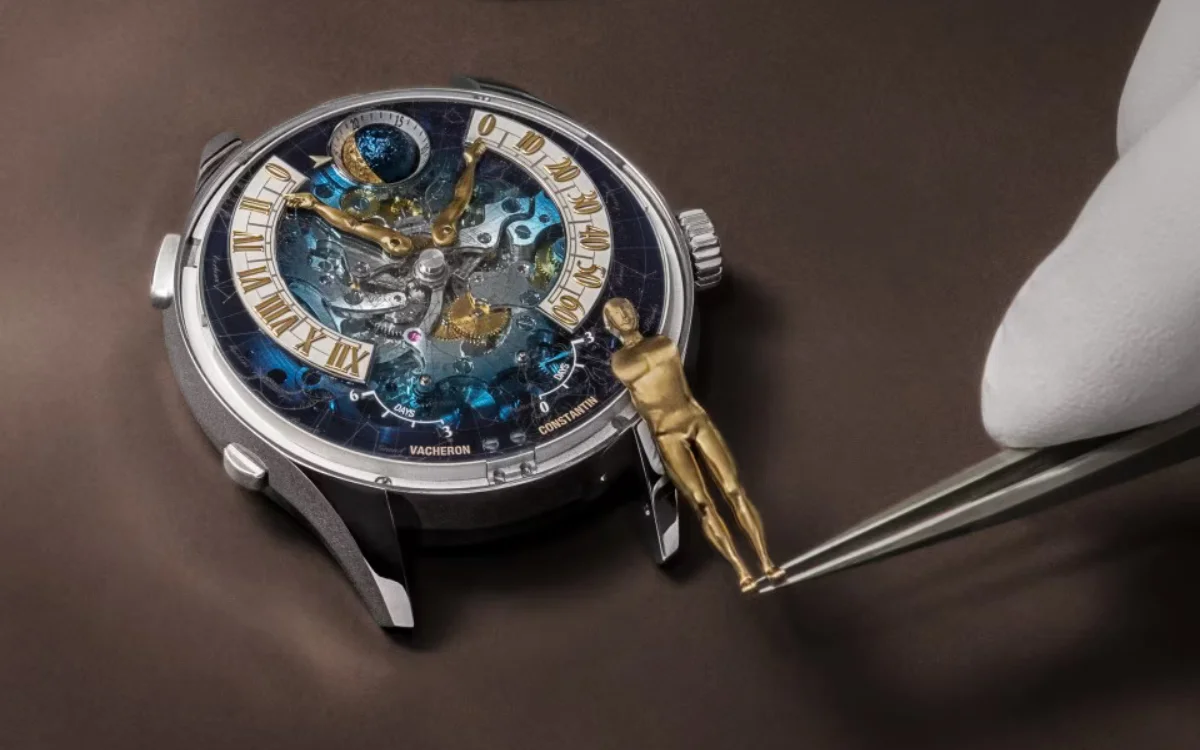EU looks to attract more private cash for quantum technology to boost the economy
The post EU looks to attract more private cash for quantum technology to boost the economy appeared on BitcoinEthereumNews.com. The European Union (EU) rolled out its maiden quantum blueprint on Wednesday, determined to catapult the bloc into a leadership position by 2030 and reduce reliance on the US and China. Executive Vice-President Henna Virkkunen told reporters in Brussels that, despite Europe’s strong record of public investment, over €11 billion in the past five years, it must now lure far more private capital if it hopes to rival both the US and China in this critical field. The EU hopes to change its economy with technology Virkkunen pointed out that only around 5% of global private quantum funding currently flows into Europe. To close that gap, the new EU Quantum Strategy calls for member states to pool research expertise, share cutting-edge infrastructures and nurture a vibrant ecosystem of startups and scale-ups. The emphasis will be especially on dual-use applications that serve both civilian and defence needs. “Quantum might sound like science fiction to some, but it is already a reality. These technologies will change our economy, our security, and how we solve complex problems.” Virkkunen. Some of the earliest practical uses of quantum machines are already taking shape in medicine. Next-generation radio scanners, enhanced by quantum algorithms, promise cancer and neurological scans of unprecedented precision, and potentially at much earlier stages than existing techniques allow. Beyond clinics, quantum gravimeter devices are being put to work mapping underground aquifers and monitoring seismic shifts with extraordinary sensitivity. Such tools could revolutionize water-resource management in drought-prone regions and bolster early-warning systems for earthquakes. Meanwhile, Brussels is designing a continent-wide quantum communication network to shield sensitive data from future hacking methods. By harnessing entanglement and unbreakable key-distribution protocols, Europe hopes to safeguard everything from financial transactions to defence communications. EU lags behind despite housing a third of global quantum startups Virkkunen stressed that homegrown…

The post EU looks to attract more private cash for quantum technology to boost the economy appeared on BitcoinEthereumNews.com.
The European Union (EU) rolled out its maiden quantum blueprint on Wednesday, determined to catapult the bloc into a leadership position by 2030 and reduce reliance on the US and China. Executive Vice-President Henna Virkkunen told reporters in Brussels that, despite Europe’s strong record of public investment, over €11 billion in the past five years, it must now lure far more private capital if it hopes to rival both the US and China in this critical field. The EU hopes to change its economy with technology Virkkunen pointed out that only around 5% of global private quantum funding currently flows into Europe. To close that gap, the new EU Quantum Strategy calls for member states to pool research expertise, share cutting-edge infrastructures and nurture a vibrant ecosystem of startups and scale-ups. The emphasis will be especially on dual-use applications that serve both civilian and defence needs. “Quantum might sound like science fiction to some, but it is already a reality. These technologies will change our economy, our security, and how we solve complex problems.” Virkkunen. Some of the earliest practical uses of quantum machines are already taking shape in medicine. Next-generation radio scanners, enhanced by quantum algorithms, promise cancer and neurological scans of unprecedented precision, and potentially at much earlier stages than existing techniques allow. Beyond clinics, quantum gravimeter devices are being put to work mapping underground aquifers and monitoring seismic shifts with extraordinary sensitivity. Such tools could revolutionize water-resource management in drought-prone regions and bolster early-warning systems for earthquakes. Meanwhile, Brussels is designing a continent-wide quantum communication network to shield sensitive data from future hacking methods. By harnessing entanglement and unbreakable key-distribution protocols, Europe hopes to safeguard everything from financial transactions to defence communications. EU lags behind despite housing a third of global quantum startups Virkkunen stressed that homegrown…
What's Your Reaction?



































